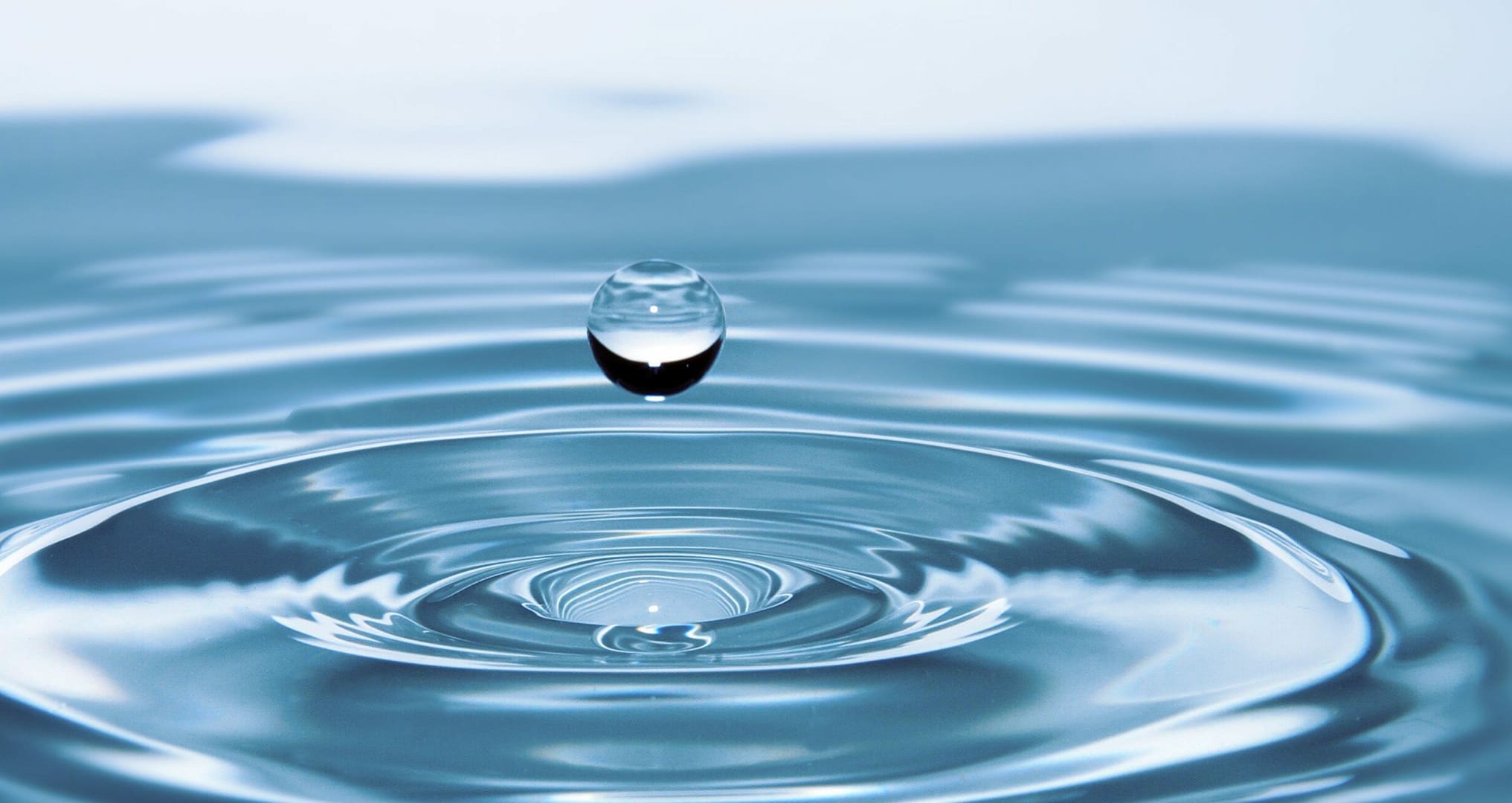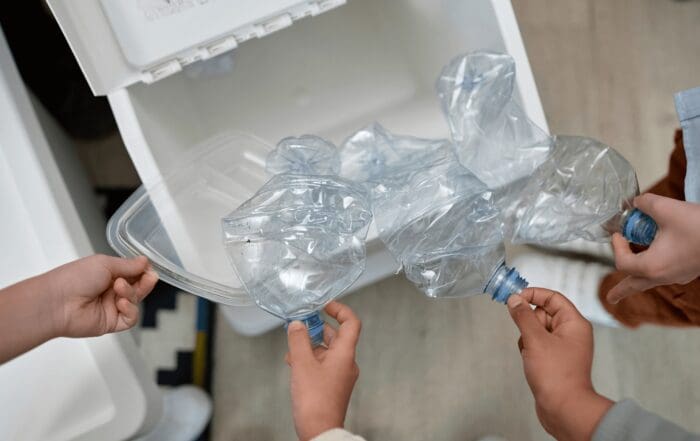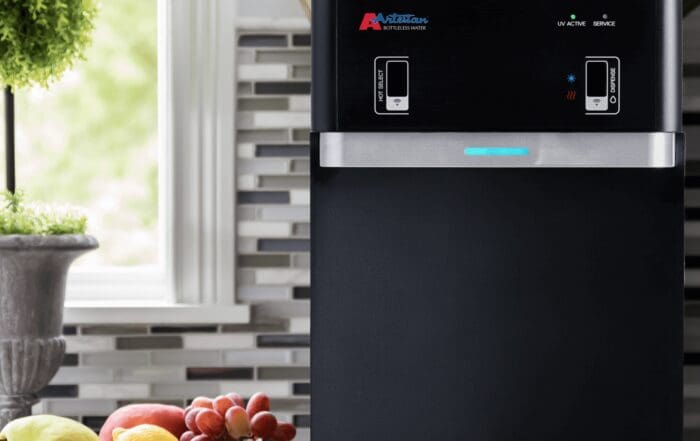
Is Our Water Supply Safe Amid the COVID-19 Pandemic?
In response to the growing concerns over the spread of COVID-19, social distancing and “shelter-in-place” orders have become more and more common in states across the country. People are being advised to hunker down, work from home, and avoid contact with large groups of people for the foreseeable future. As a result, people have been clearing grocery store shelves, and stocking up on toilet paper, canned goods, and bottled water.
But why bottled water?
Some experts are suggesting that people are responding to the coronavirus in ways they normally would if they were preparing for a blizzard, tornado, or other severe weather concerns. However, these same experts are taking the time to debunk water supply myths that have come from our recent pandemic response. Here is what you need to know:
Tap Water is Safe
According to the World Health Organization (WHO), municipal water supplies are still safe to use. In fact, there is no evidence to suggest that COVID-19 is capable of living in water supplies and thus can’t be transferred through your taps. The virus is mainly spread from person to person through respiratory droplets when an infected person sneezes or coughs. The virus can, however, live on different surfaces for up to 72 hours, which is why health officials are encouraging people to stay indoors, wash their hands frequently, and avoid contact with people they know to be contagious.
Still, water treatment plants around the country are operating normally, sticking to their strict filtration processes that are already in place to remove harmful bacteria, viruses, and various other contaminants. This means that your faucet water is still safe to bathe in.
Will Water Supplies Run Short?
While it might be hard to find a single case of bottled water at the grocery store, cities and towns are required to have plans in place that prevent the shut-off of community water supplies during a pandemic. Many of them have plans called “continuity of operation”, which ensures that their facilities are fully staffed during a national emergency or pandemic.
With this in mind, it’s always best to consult your local community health department for more information about how city water supplies are being maintained and treated. While water usage will increase with people washing their hands longer and taking the time to clean their homes, many water treatment facilities are more than capable of keeping up with demand.
Can My Water be Shut Off?
Health and government officials at the EPA and in many cities are ensuring that their communities continue to have access to clean water. With that being the case, many local governments are suspending shutoffs during their “shelter-in-place” orders. With so many out of work and the uncertainty of how they’re going to pay their bills, this suspension means no one will be losing access to clean water supplies during isolation.
You Can Test Your Tap Water
If you’re still concerned with what could be in your tap water, there are inexpensive home water test kits that can detect levels of chlorine and other elements. Administering the tests is easy and can provide parents with a fun and interactive way to involve kids in science for a practical purpose right at home. If you’re at home and have transitioned to homeschooling your kids, use one of these tests as a science lesson and find out what’s floating around in your water, all at the same time.
Go Bottleless
At Artesian Bottleless Water, we are dedicated to ensuring everyone has access to safe and purified drinking water. Our water filtration technology balances pH levels, sanitizes, and seals off water tanks to keep the quality of water pure. If you’re looking for an alternative to cases of bottled water at home or jugs of water in the office, our coolers are perfect for you. Our systems hook up directly to your current water supply and filter out any remaining pathogens, solids, and contaminants so all you’re left with is purified drinking water. To find out more about how we can help you during the COVID-19 pandemic, contact us today!



